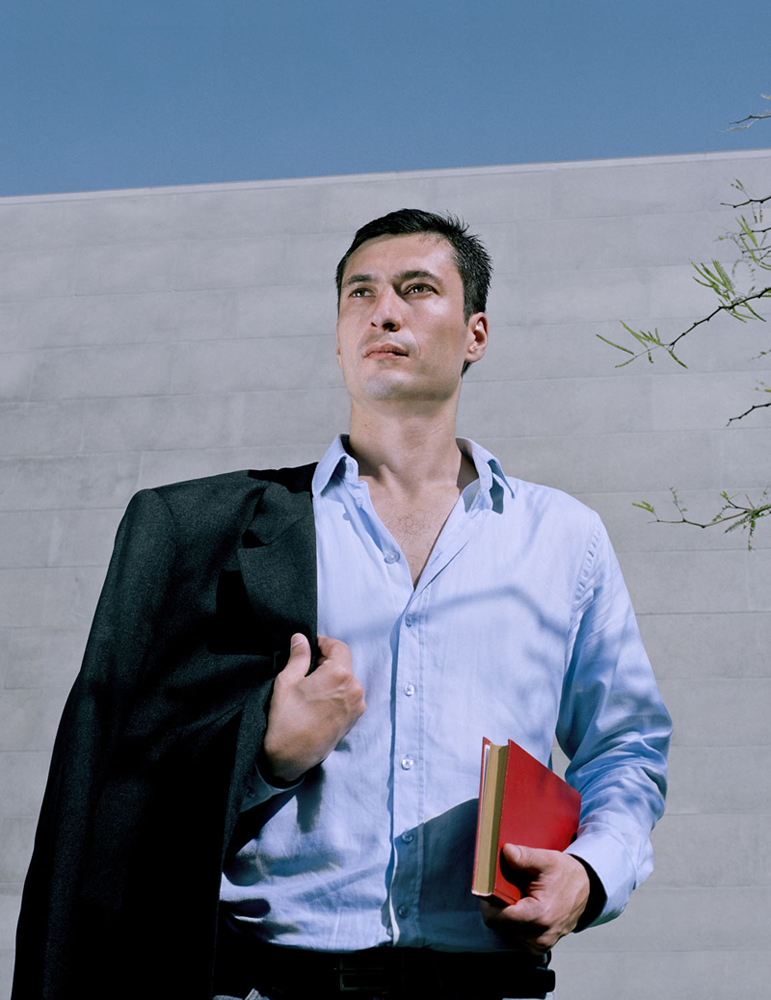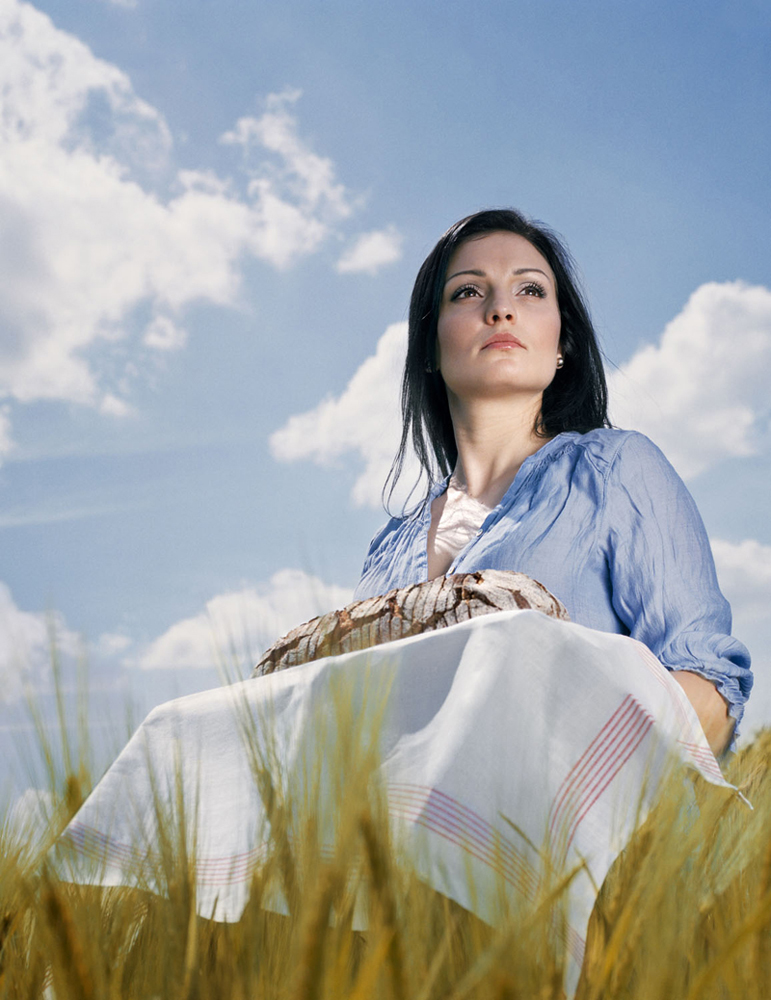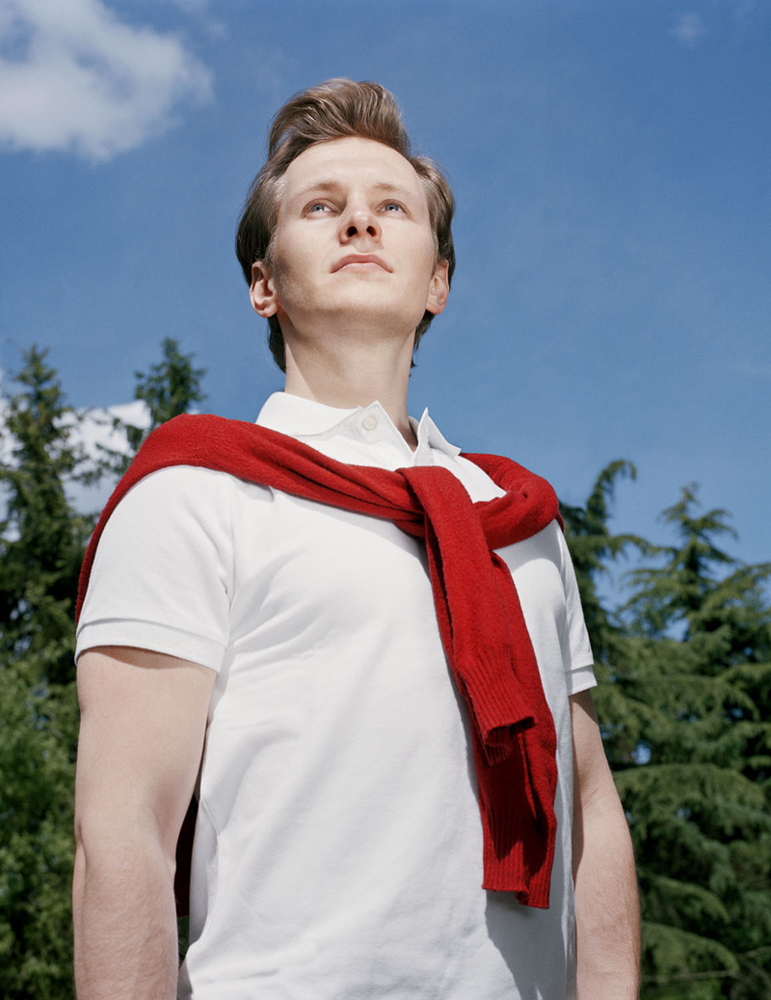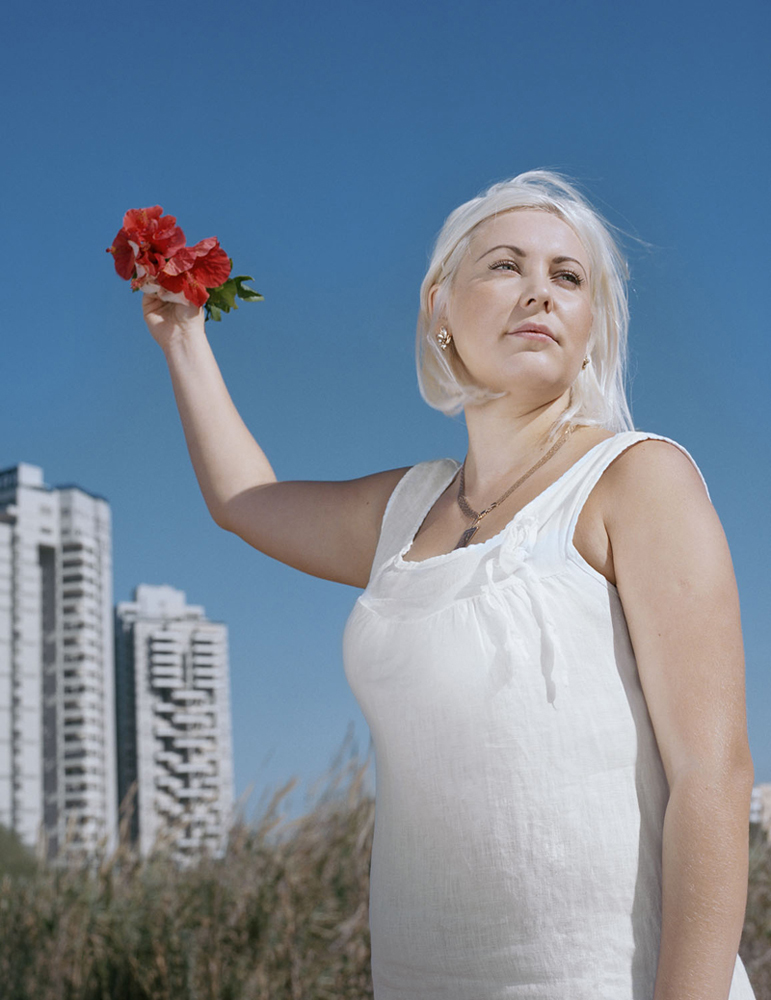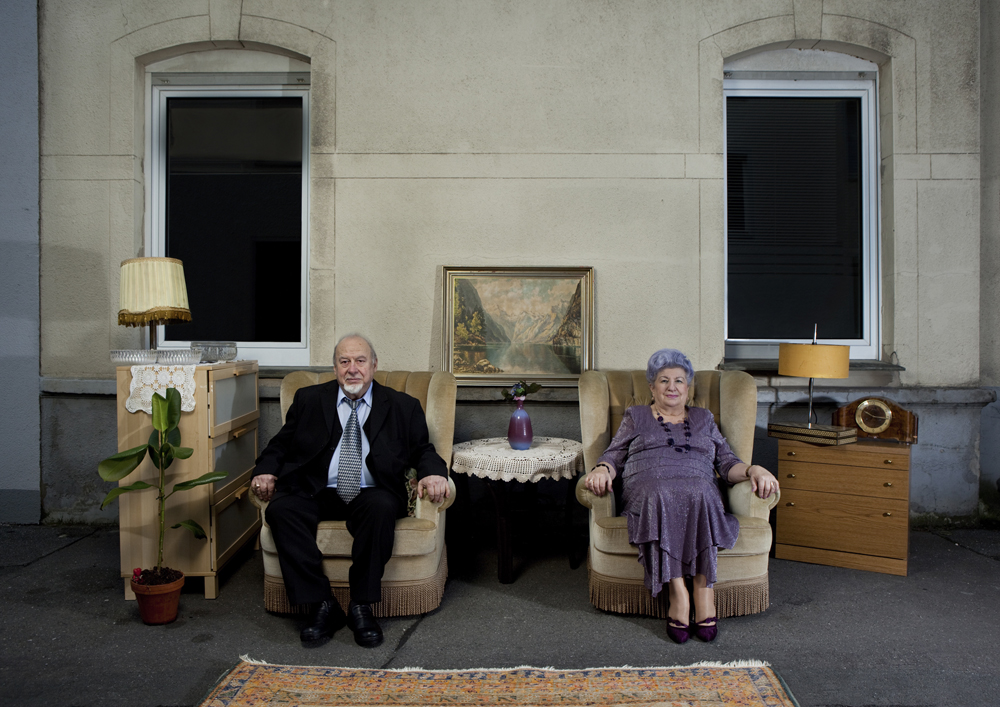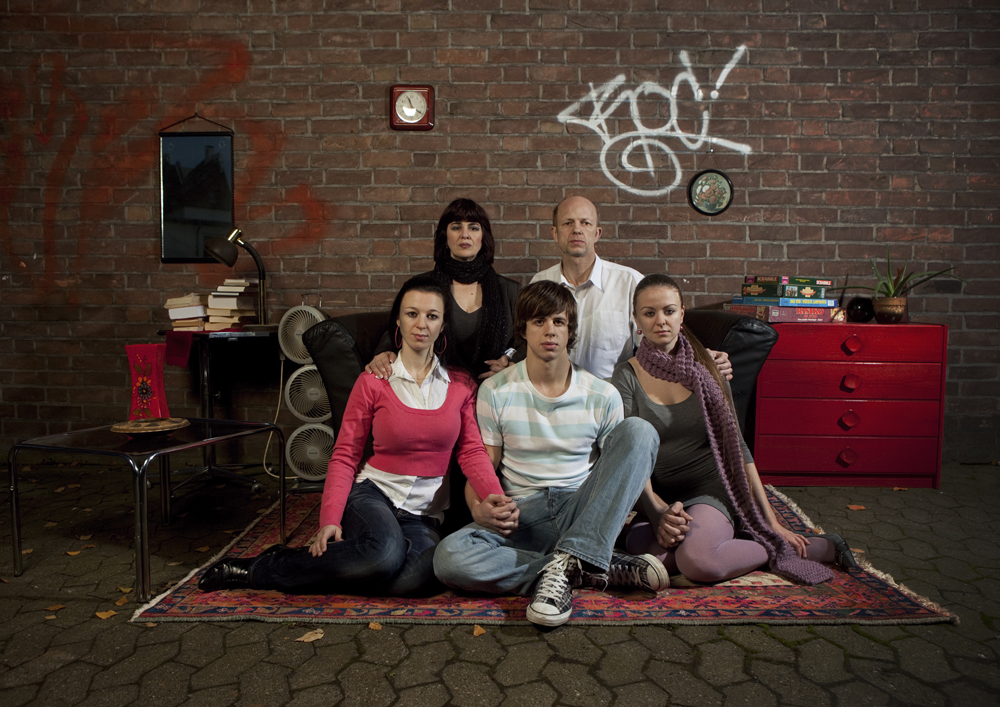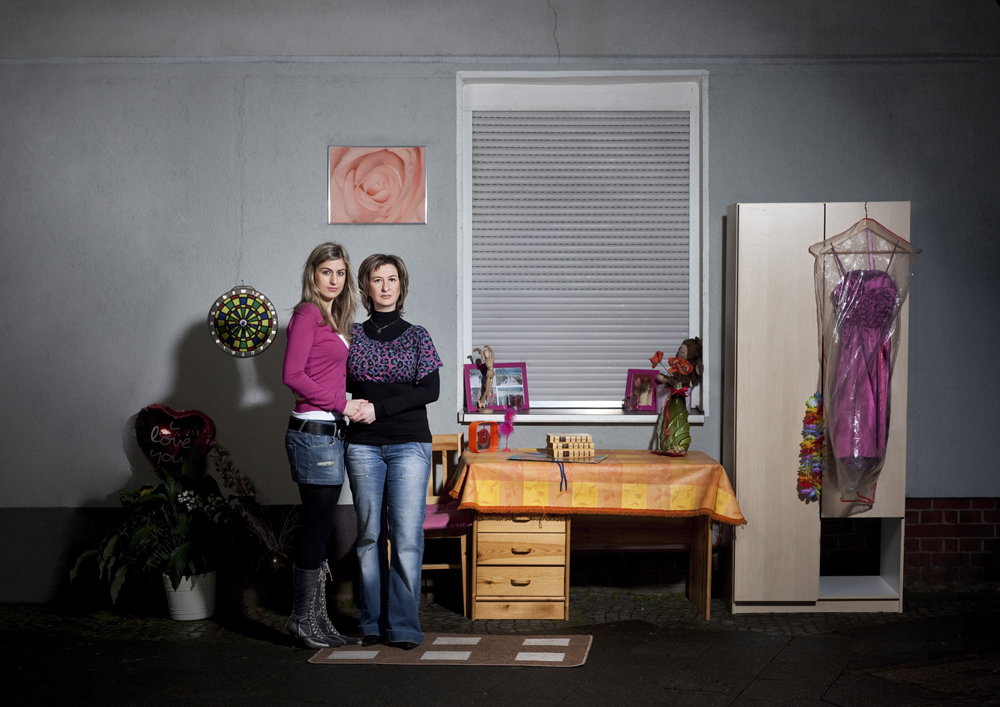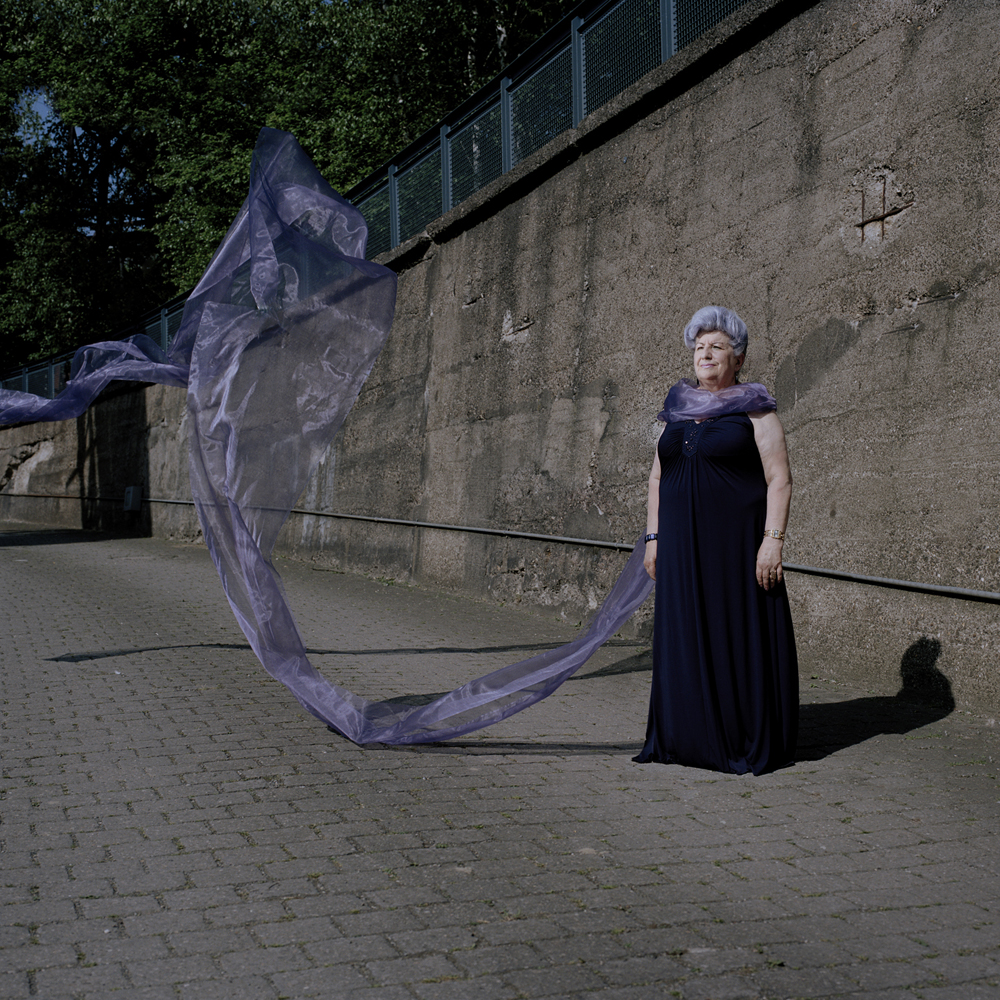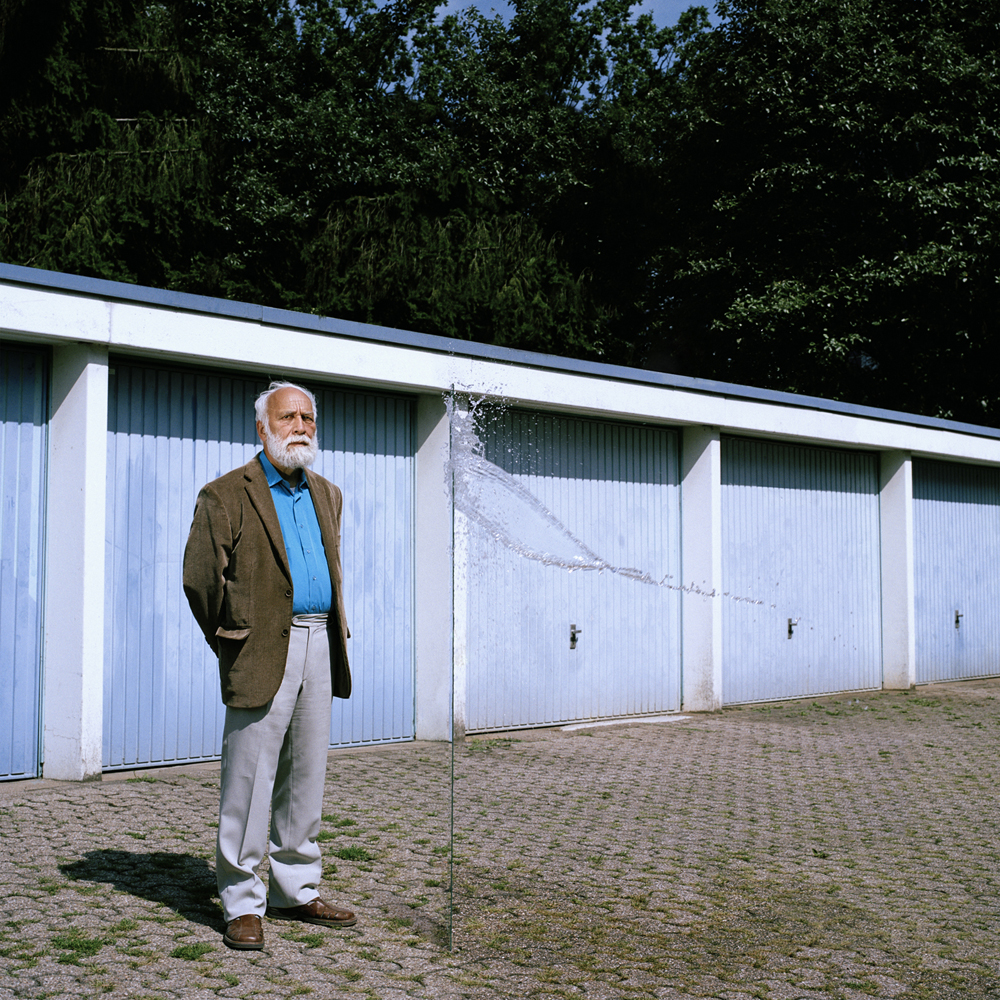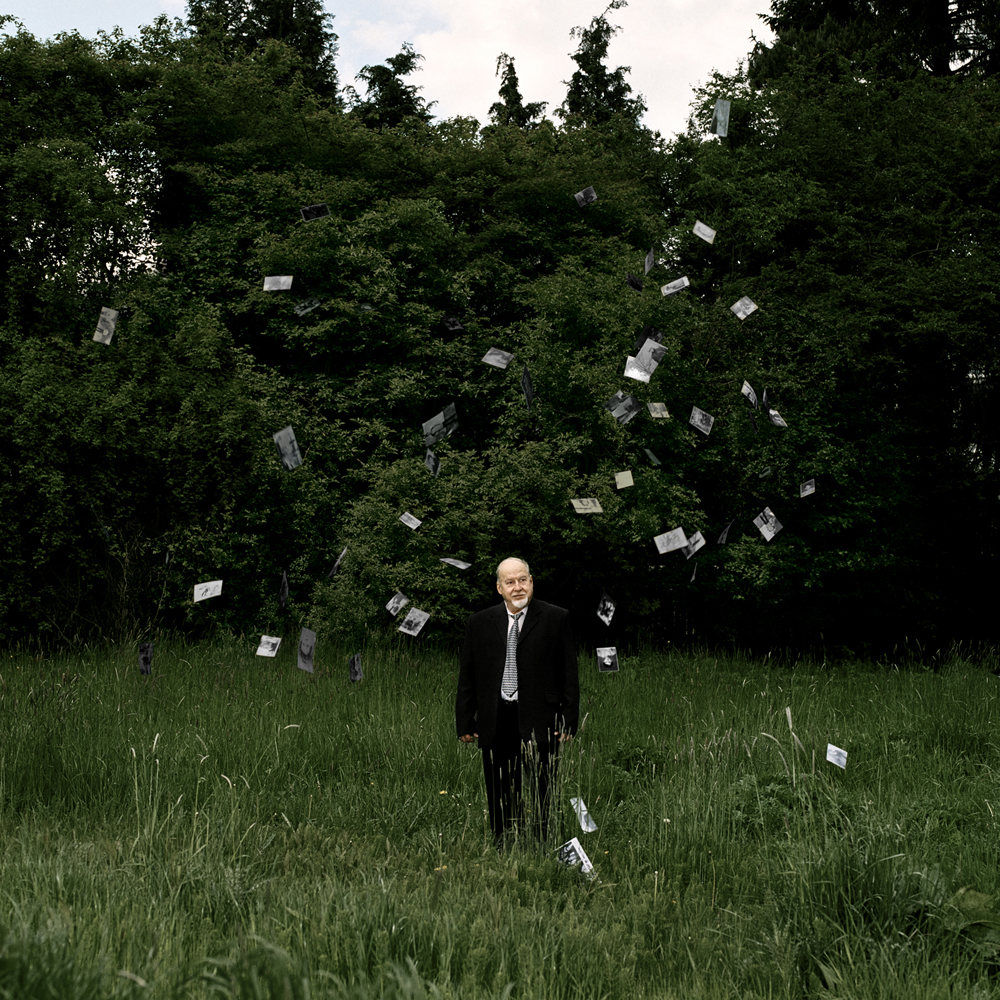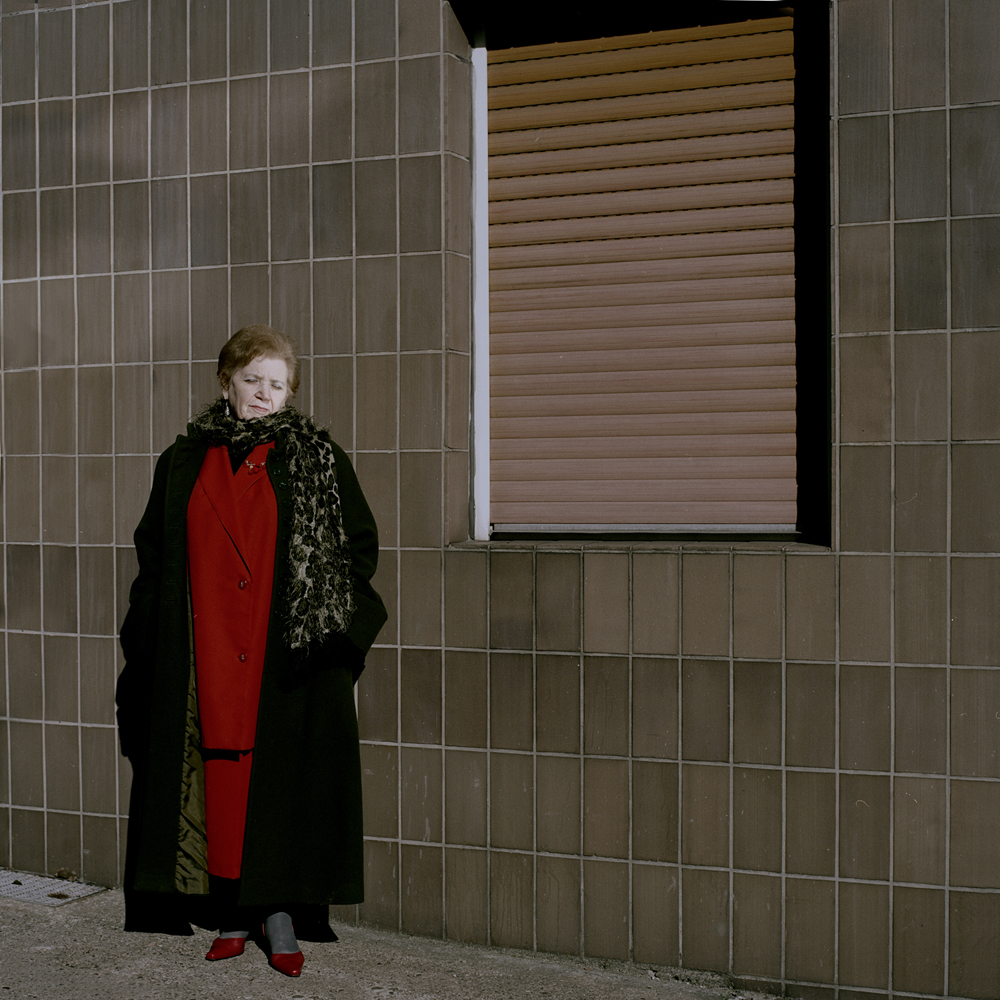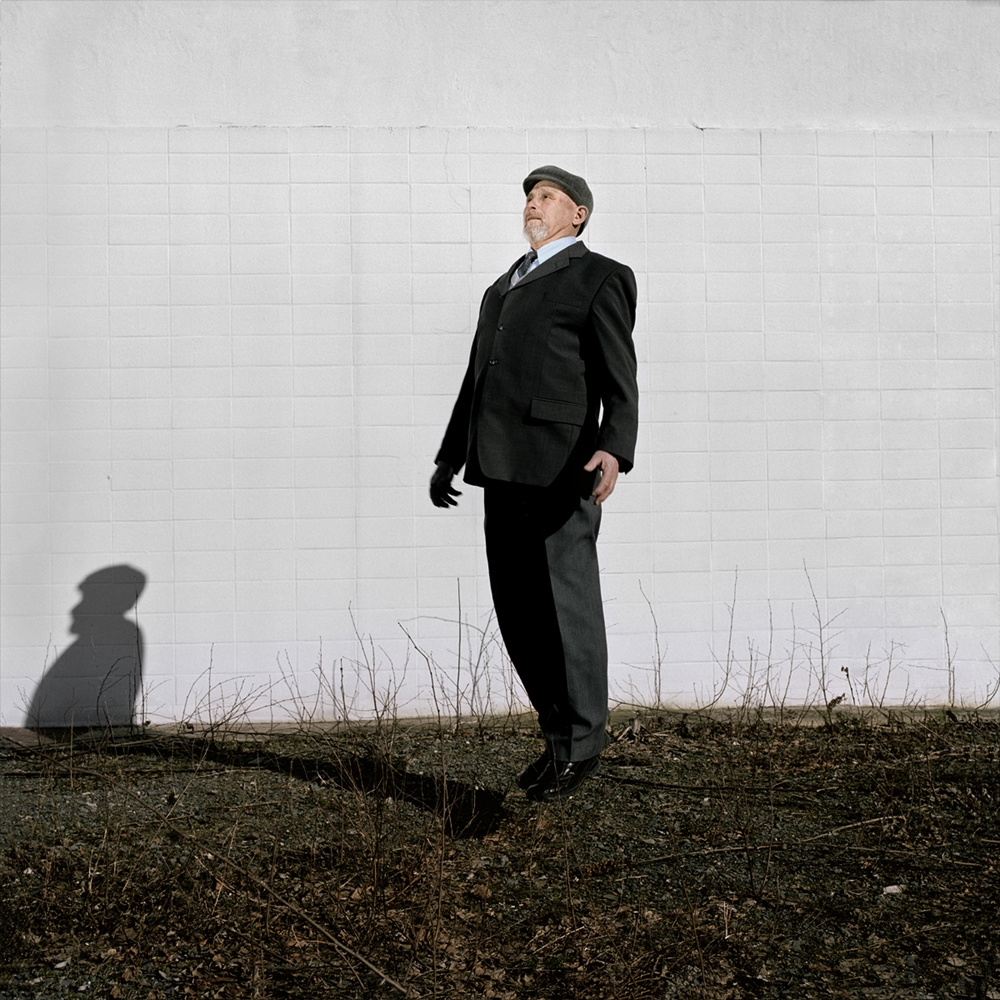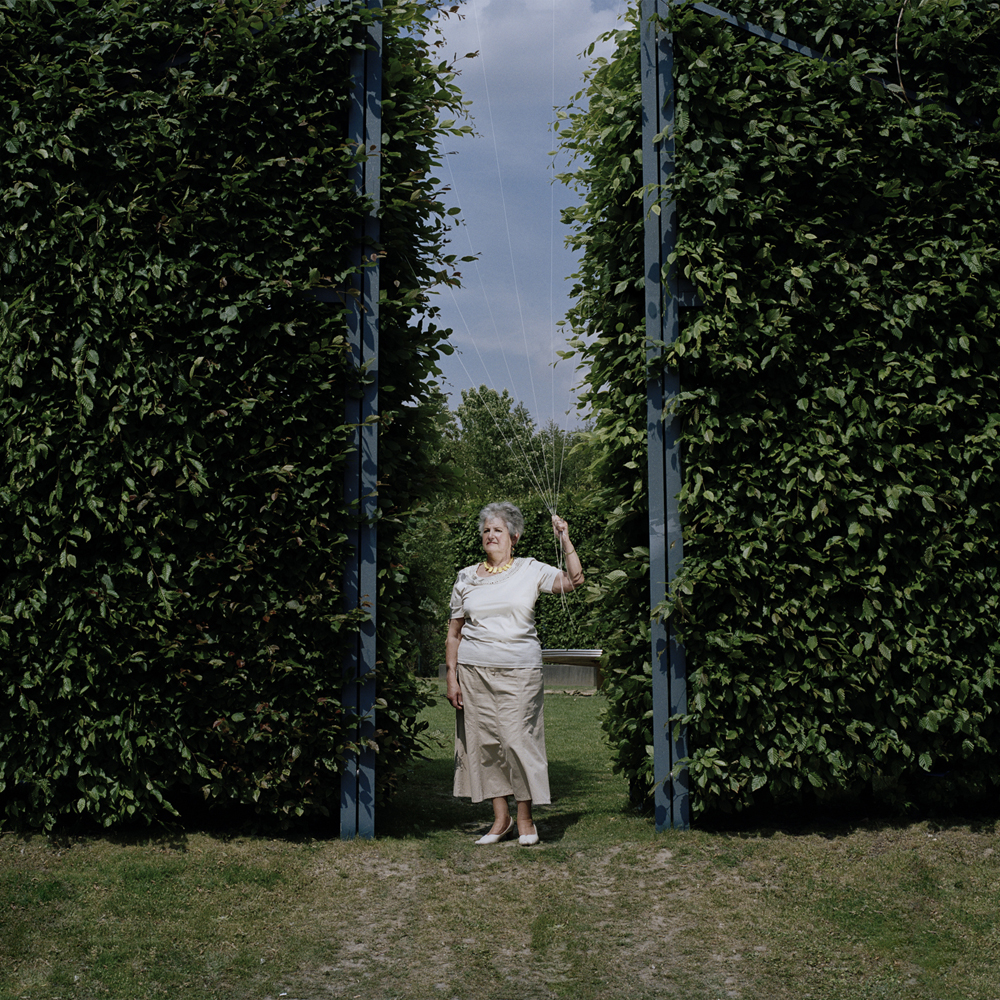I like to go on with presenting the work of Alexandra Polina.
The main subject of her work has always concentrated on the topics of immigration and identity, especially their social and emotional aspects. Having spent twenty years in her home land, Alexandra moved to Germany, which was a life-changing experience. The personal history and identity of the photographer can be found through out her work across the fields of staged photography and documentary themes.
Alexandra Polina was born in Uzbekistan. She studied Journalism at the National University of Uzbekistan in Tashkent. She graduated in 2012 from University of Applied Science in Bielefeld with a major in Art and Design. Currently, she studies MA in Art and Design at the same University. Her works have been shown internationally in various exhibitions.
The pictures I present here are from three different projects: 'MADE IN USSR', 'My home' and 'Gen. 60.' She writes:
MADE IN USSR
In the 1980s, we were born as the last generation of soviet citizens, growing up as Little Octobrists or Young Pioneers. We watched the same animated cartoons and were educated according to similar principles, sharing a common language. During our childhood, we saw the demise of communism with our own eyes, witnessing the eventful time of Perestroika. Being teenagers in the 1990s, we watched our fundamentals, traditions, ways of life and mentalities breaking away completely and being redefined. Many of us emigrated after the falls of the SU into nations all around the world, places where we are living today in the middle of a capitalistic world. Having in mind the aspects which connect us to each other, I’m portraying members of this generation, which is mine as well. The Iconography at the time is rebuilt using modern and contemporary elements, breaking the overdrawn aesthetics of the historical posters of propaganda, which symbolize the country we were living in. Individuality faces political conformity. Idealized drawings are opposed by young individualists within that scenery, which - from the point of view of my generation - depicts a grotesque mixture of disconcertment and home. How much homeland is within us? How much identity did we take with us from a land, whose icons always opposed the personal search for individuality of every one of us?
My home
The best stories one could tell are those you had to live through. In this work I have set out to deal with my very own attempt to settle down in Germany. After struggling to do so for seven years, I can finally say I’ve arrived, which for a while seemed impossible. Staging my family outside I want to demonstrate how the two worlds collide: the world of the old and familiar, and the world of the new and unknown. The two lifestyles are out of sync they don’t quite fit together. It leaves you with a feeling of being trapped in-between... where it is hard to fully establish oneself in either one of the two.
Gen.60
The impact of relocating to a new country is directly proportional to the immigrant’s age: the older he/she is the bigger is the struggle to intake the amount of new impressions and to alter the familiar ways of living. The protagonists of these pictures are very aware of this - every single one came to Germany when they were already in their sixties. An element of surrealism in these productions is an effort to demonstrate the inner world of the characters and their challenge of being trapped between the past and the present.
Interview (German) with Alexandra Polina about 'Made in USSR' with 'ostlook' (great student project at University of Applied Sciences Bielefeld)
You can see all pictures of the series on her homepage:
alexandrapolina.com



